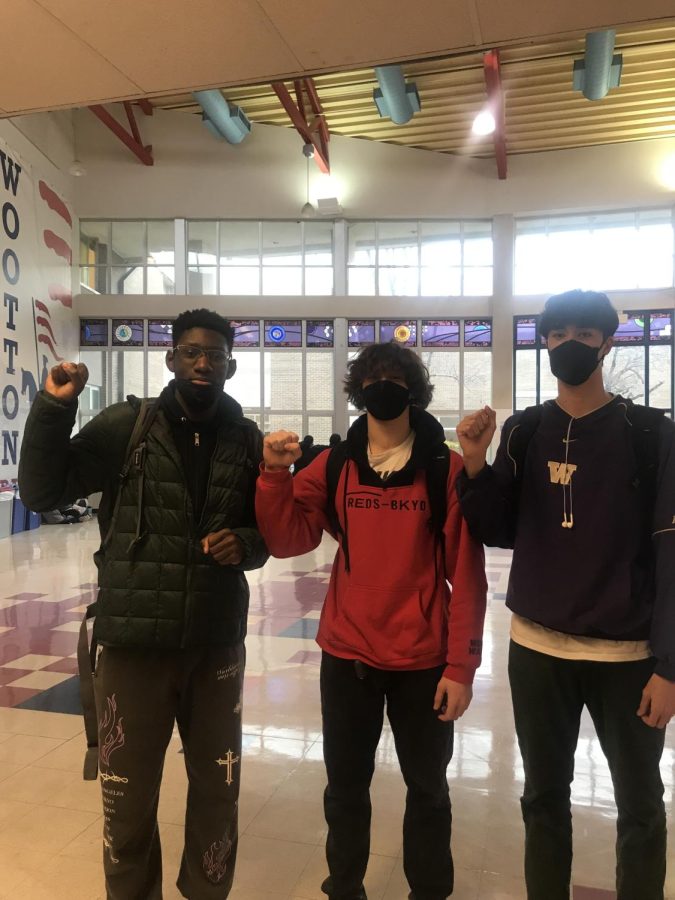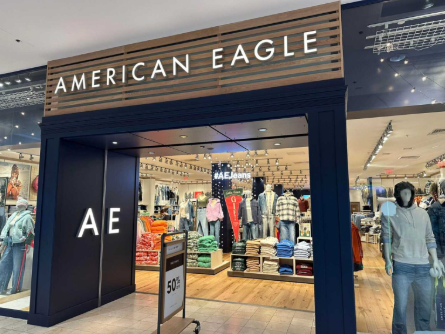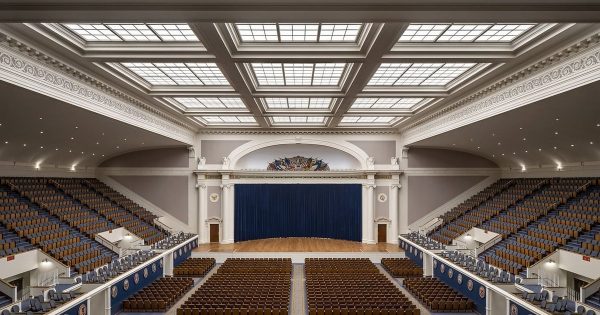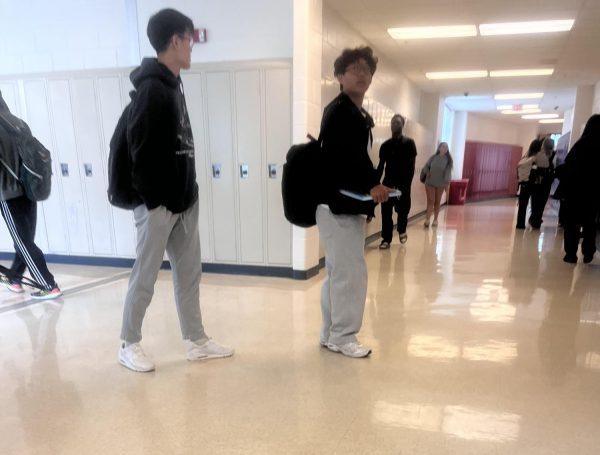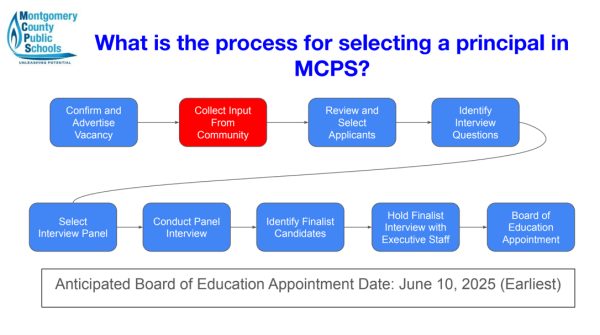It’s bigger than Black and white: Wootton honors Black History Month
Juniors Yule Pieters, Max Fuster, and Garrick Heitz clench their fists high in support of Black Lives Matter and in support of Black History Month. Heitz, an ally of the movement, aims to encourage others to “support the month and spread awareness of racism that haunts our country.”
With February here, students in Black Student Union prepare for the annual Black History Month celebration. This year the club aims to demonstrate the importance of acknowledging often marginalized groups to the whole school, rather than just the club.
Black History Month is the annual observance and celebration of the contributions African Americans have made in the United States. It began as Negro History Week in 1926 to align with the birthdays of prominent figures in African American history; Abraham Lincoln’s on Feb, 12 and Frederick Douglass on Feb. 14. In 1976, President Gerald Ford expanded the week and recognized Black History Month. It has since been celebrated in the United States, Canada, the United Kingdom and Europe.
To pay homage to the iconic figures in African-American history, students in the Black Student Union host their annual Black History Month celebration. This year the event will be held virtually on Feb. 28, with poems, a fashion show, and songs to honor the works of African-Americans in history. To create a sense of unity, this year the club is opening the celebration to non-African-American students for the first time. Junior Zach Heldjian said, “It reminds me of how African Americans have always played an important role in our nation’s history.”
The purpose of incorporating non-African-American students into this year’s celebration is to not only spur a sense of unity and acceptance of cultural differences but to spread African-American culture to those who might not be as exposed to it and destroy any sense of exclusivity that nonmembers might feel. Junior Max Fuster said, “The program to me is a time where I can connect with my fellow African- American students.”
Due to the ongoing Covid- 19 pandemic, the event will be held through Zoom. However, this does not obstruct the club from putting the same visually appealing show as they have done so years before. With a plethora of integrity, leadership, and determination, the club aims to incorporate a fashion show exhibiting the beauties of African-American fashion, primarily from the 1960s to the 1990s, a spoken word poem led by club members, and a group song presented by the groups’ talented artists.
To go beyond the typical stories of racism and horrid things African Americans have had to endure in the past, the importance of valuing the achievements of African Americans is imperative, especially in the wake of the Black Lives Matter movements in 2020, sparked by the deaths of African Americans such as George Floyd at the hands of law enforcement. Junior Luis Falcon said, “It’s to represent not only what people of color have and are going through, but highlights them. What they’ve deserved all this time. It’s important to recognize that everyone’s equal, and we haven’t been treated as such.”
Your donation will support the student journalists of Thomas S. Wootton High School. Your contribution will allow us to purchase equipment and cover our annual website hosting costs.


